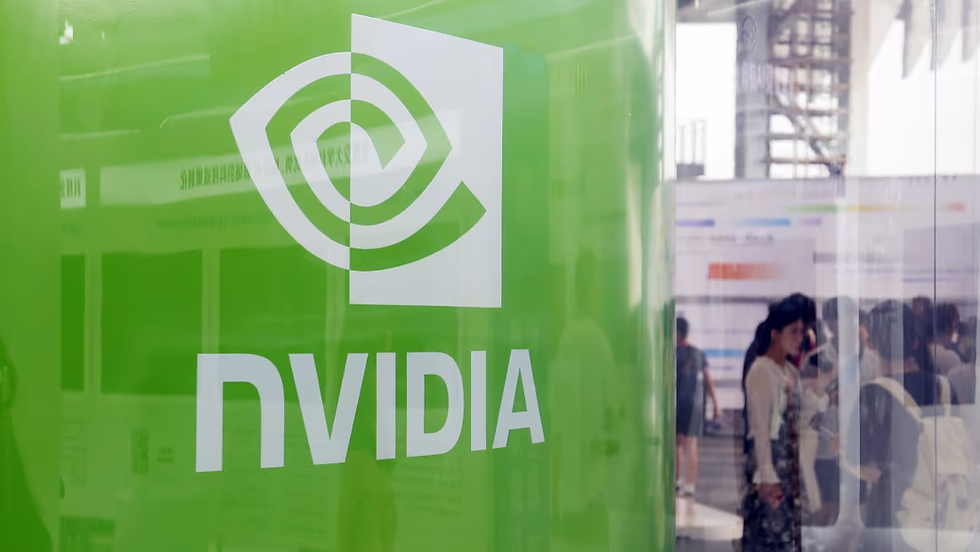Nvidia Seeks U.S. Approval to Resume AI Chip Sales to China Amid Easing Tensions
- Rahaman Hadisur

- Jul 22, 2025
- 2 min read
Hadisur Rahman, JadeTimes Staff
H. Rahman is a Jadetimes news reporter covering Business

Nvidia (NVDA), the world’s most valuable semiconductor company, announced plans to resume sales of its H20 artificial intelligence chips to China, days after CEO Jensen Huang visited Beijing and met with U.S. President Donald Trump.
The move comes as Washington and Beijing show tentative signs of easing technology tensions. Nvidia said it is filing applications with the U.S. government to restart deliveries of its H20 graphics processing unit (GPU) to Chinese customers and expects to receive the necessary licenses soon.
“The U.S. government has assured NVIDIA that licenses will be granted, and NVIDIA hopes to start deliveries soon,” the company said in a statement.
Nvidia’s H20 chips had been caught in sweeping U.S. export controls aimed at preventing advanced technologies from reaching China’s military. The restrictions, imposed in April, forced Nvidia to halt sales and take a $5.5 billion inventory write-off, with an additional $15 billion in potential revenue lost.
Despite those setbacks, Huang emphasized China’s importance during an interview with state broadcaster CCTV:
“The Chinese market is massive, dynamic, and highly innovative… it is indeed crucial for American companies to establish roots in the Chinese market,” he said.
Nvidia is also preparing to launch a new model designed specifically to comply with U.S. export regulations the RTX Pro GPU intended for industrial AI applications such as smart factories and logistics. A version based on the RTX Pro 6000D architecture is reportedly set to launch at a lower price point than the H20, with scaled-down specifications.
The company faces growing competition from domestic players like Huawei, yet Chinese tech firms remain eager for Nvidia’s CUDA-enabled ecosystem, which powers many cutting-edge AI applications. China accounted for $17 billion, or roughly 13% of Nvidia’s total revenue in its last fiscal year.
Huang’s trip to Beijing his second this year is drawing scrutiny in Washington. A bipartisan group of U.S. senators recently urged him to avoid engagement with Chinese entities tied to military or intelligence operations.
Still, the timing of Nvidia’s announcement suggests a thaw in U.S.–China tech relations. Recent developments include China easing rare earth export controls and the U.S. allowing chip design software services to resume in the Chinese market.
“Uncertainties between the U.S. and China remain high, and despite a pause in the H20 ban, Chinese companies will continue to diversify their options,” said He Hui, research director for semiconductors at Omdia.
Nvidia’s planned resumption of H20 sales underscores the delicate balance between business ambitions and geopolitical tensions a balance the chipmaker must navigate carefully as it seeks to maintain its foothold in one of its most lucrative markets.











































Comments